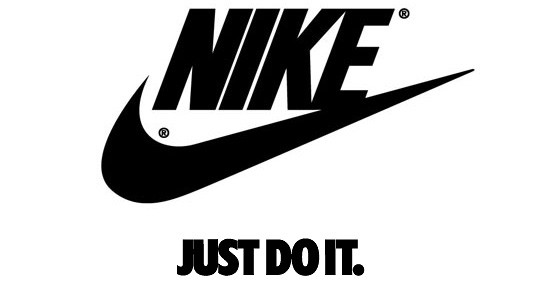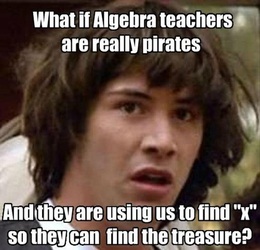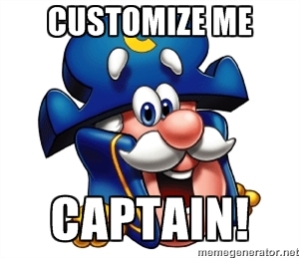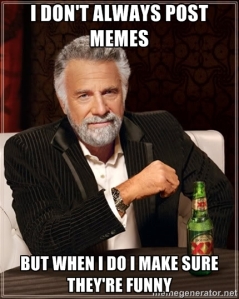Now a few questions: How long did that take to read? 5 seconds? Did it make you laugh? Maybe. Did it make you think it all? Most likely.
Memes are incredibly useful forms of media and because of this our group has decided to consolidate more of our efforts in posting memes that relate to education over length informative articles in order to try and draw in a larger audience and hopefully provoke some participation out of our few followers. Memes are so useful because they have a very high, what Ridolfo and DeVoss would call, “rhetorical velocity”. This means that they have the ability to communicate information very rapidly. Unlike lengthy, dense articles where you have to read through paragraphs of information to hopefully discover the message it is trying to get across, with memes you instantly know what is being communicate. Since they deliver information so quickly, more people are likely too look at them, however not just look at them,, but also take something away from them.
This is leads me to another great aspect of memes. Now most memes that we see of the internet are created for the sole purpose of making people laugh/entertaining people, but some on the other hand have the potential, if done clever enough, to really provoke thought/discussion and can truly be informative. What is great about these informative memes is that although they are conveying information, since they are so informal it doesn’t feel like learning in a classroom setting. This concept of informal learning is very important, especially in todays technological society. Joannah Portman-Daley describes this concept in her piece “Subtle Democracy: Public Pedagogy and Social Media” as public pedagogy. She writes thatPublic pedagogy consists of teaching and learning, not only from others, but also from oneself in a public space—something that exists outside of institutional walls.” As social medias role in society continues to grow it is ever more important to understand how we learn through one another and through ourselves within the public sphere, not just in the classroom setting.
The final reason that our group has decided to focus more of our efforts on finding memes related to education is because anyone can produce them. This adds appeal to these images because anyone who sees a meme knows that someone who could be just like them, somewhere, created this and that they too, had they had the same thought, could have just as easily created it themselves. All memes are technically “remixes” of original media that are created by adding words into a, typically popular, image. Lessig writes in his book “Remix: Making Art and Commerce Thrive in the Hybrid Economy” that using the tools of digital technology anyone can begin to “write” using images, or music, or video. Meme generator sites all over the web make this form of remixing available to everybody and it is because anyone can make these is what makes them so popular; because there are so many of them and they are so incredibly simple. It is this concept of simplicity though that really ties all of the ideas that these different authors have talked about together. The bottom line is, people really like memes because they are simple and to the point.






